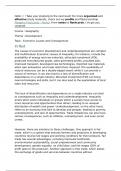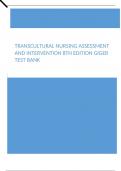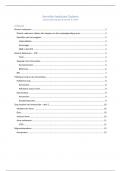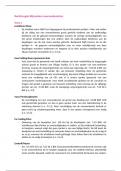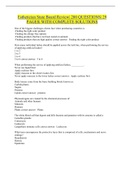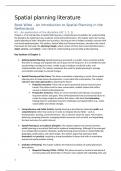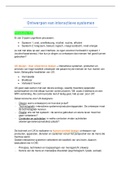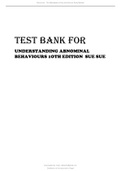effective study materials, check out my profile and flashcard shop
Maggie's Flashcards - Payhip. From notes to flashcards, I've got you
covered!
Course : Geography
Theme : Development
Topic : Economic Causes and Consequences
In Text
The causes of economic development and underdevelopment are complex
and multifaceted. Economic causes of inequality, for instance, include the
availability of energy and raw materials, attracted investment (FDI),
produced manufactured goods, sales generated profits, provided jobs,
improved transport, developed new technologies, imported raw materials
when own exhausted, and trade restrictions imposed. The availability of
natural resources can be a double-edged sword: while it can provide a
source of revenue, it can also lead to a lack of diversification and
dependence on a single industry. Attracted investment (FDI) can bring
new technologies and skills, but it can also lead to the exploitation of local
labor and resources.
This lack of diversification and dependence on a single industry can lead
to consequences such as inequality and underdevelopment. Inequality
arises when some individuals or groups within a society have access to
more resources and opportunities than others, leading to an unequal
distribution of wealth and power. Underdevelopment, on the other hand,
refers to an economy that fails to develop and prosper, leading to poverty,
unemployment, and lack of opportunities. Trade imbalances can also have
serious consequences, such as inflation, unemployment, and even social
unrest.
However, there are solutions to these challenges. One approach is fair
trade, which is a system that ensures farmers and producers in developing
countries receive fair wages and working conditions for their products. Fair
trade has several advantages, including improved livelihoods,
environmental sustainability, social empowerment and community
development, gender equality, no child labor, and fair wages (20% of
profit goes to the producer). Another approach is free trade, which allows
the exchange of goods and services between countries without
, government restrictions or barriers. This can increase competition and
innovation, leading to economic growth.
Addressing the resource curse is also crucial for economic development.
The resource curse refers to an underdeveloped economy that has an
abundance of resources but is unable to make a profit from those
resources. Three case studies that illustrate this phenomenon are Saudi
Arabia (oil), Zambia (copper), and Nigeria (oil). To overcome this curse,
governments must diversify their economies and invest in other sectors.
By doing so, they can reduce their dependence on a single industry and
create new opportunities for growth.
In conclusion, understanding the causes of economic development and
underdevelopment is essential for addressing these challenges. By
recognizing the complex interplay between factors such as natural
resources, investment, technology, and institutions, we can work towards
creating a more equitable and prosperous world.

